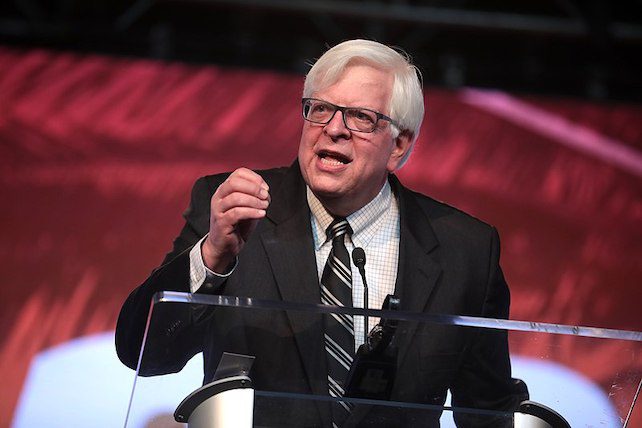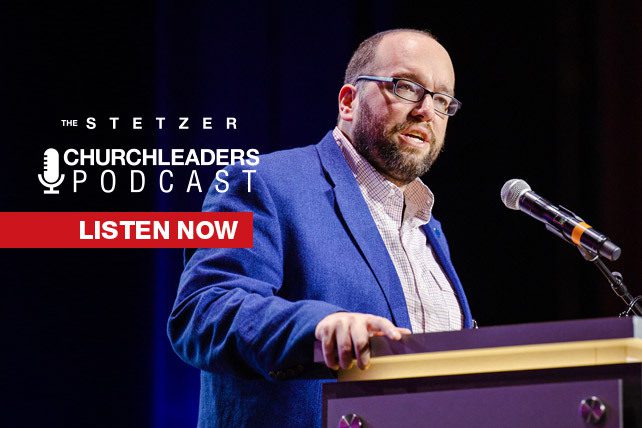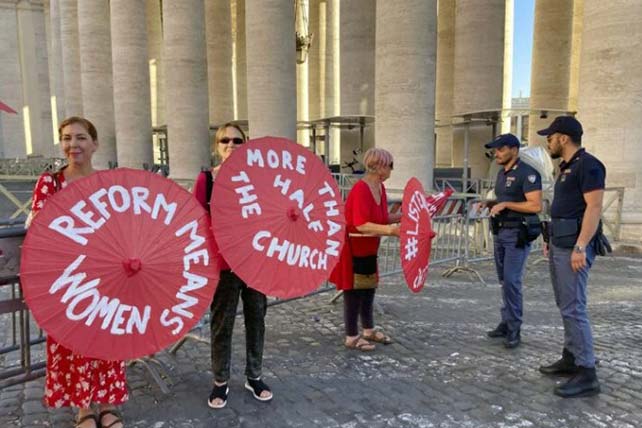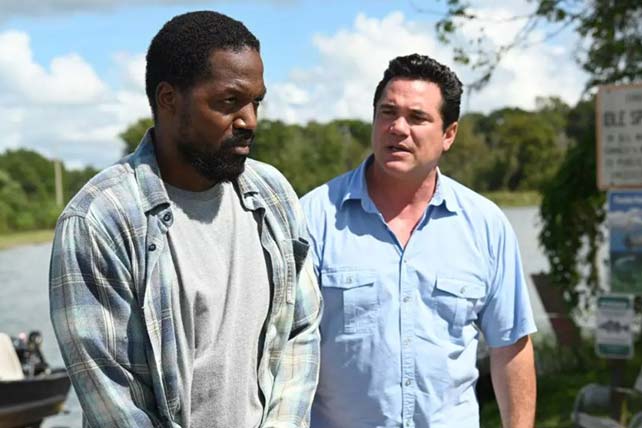Every major spiritual awakening in the history of the United States has had teenagers on the leading edge.
If you miss youth, you miss the movement.
The vast majority of people who come to faith in Christ do so by the age of 18.
If you miss youth, you miss the movement.
Teenagers not only come to Christ quicker, but they can spread the Gospel faster than adults (through proximity to the lost at school and social media.)
If you miss youth, you miss the movement.
The trajectory of the rejection of the historic Christian faith in the United States is skyrocketing! If we don’t start strategically focusing on reaching, discipling and mobilizing teenagers to reach their own peers, we will NEVER close the gap!
If you miss youth, you miss the movement.
God chooses to use “the foolish things of the world (and there’s nothing more foolish than the typical teenager) to shame the wise” 1 Corinthians 1:27.
If you miss youth, you miss the movement.
Jesus chose primarily teenagers to be his 12 apostles (Only Peter & Jesus were old enough to pay the Temple Tax in Matthew 17:24-27, 20 years old and above.)
If you miss youth, you miss the movement.
Youth leaders don’t just entertain teens, train them! Equip them to grow deep in their faith and go wide with the Gospel. Get them to share Jesus with their friends. As they do that, empowered by the Spirit, they will own their faith like never before and set the pace for the entire church. Choose student leaders who are willing, not just to set the chairs up for youth group, but fill them with the teens they are seeking to reach and disciple.
Pastors, make sure you prioritize mobilizing teenagers in your budget. Hire a youth leader who is truly Gospel Advancing (or make the 7 values of a Gospel Advancing leader your current youth leader’s new job description!) Speak directly to teenagers at times during your sermons. Take them seriously. Champion them in front of your church. Tell stories of how they are shaking their campuses for Jesus in powerful ways!
Youth leaders and pastors consider having your church as a site for the free Dare 2 Share Live simulcast coming up on November 12th. Your church could be the city-wide convening place where teens gather, are equipped and mobilized to share Jesus with everyone!
Parents, demonstrate to your teenagers what it looks like to live a life that advances the Gospel. As Jesus said in Luke 6:40, “No student is above their teacher but, when they are fully trained, will be like their teacher.” What’s true of teachers in Jesus’ day, is true of parents in ours. If your teens aren’t sharing their faith you don’t need a bullhorn. You need a mirror.
It’s time to strategically focus our church’s efforts on reaching, discipling and mobilizing teenagers.
Why? Because if you miss youth, you miss the movement!
This article originally appeared here and is used by permission.





























